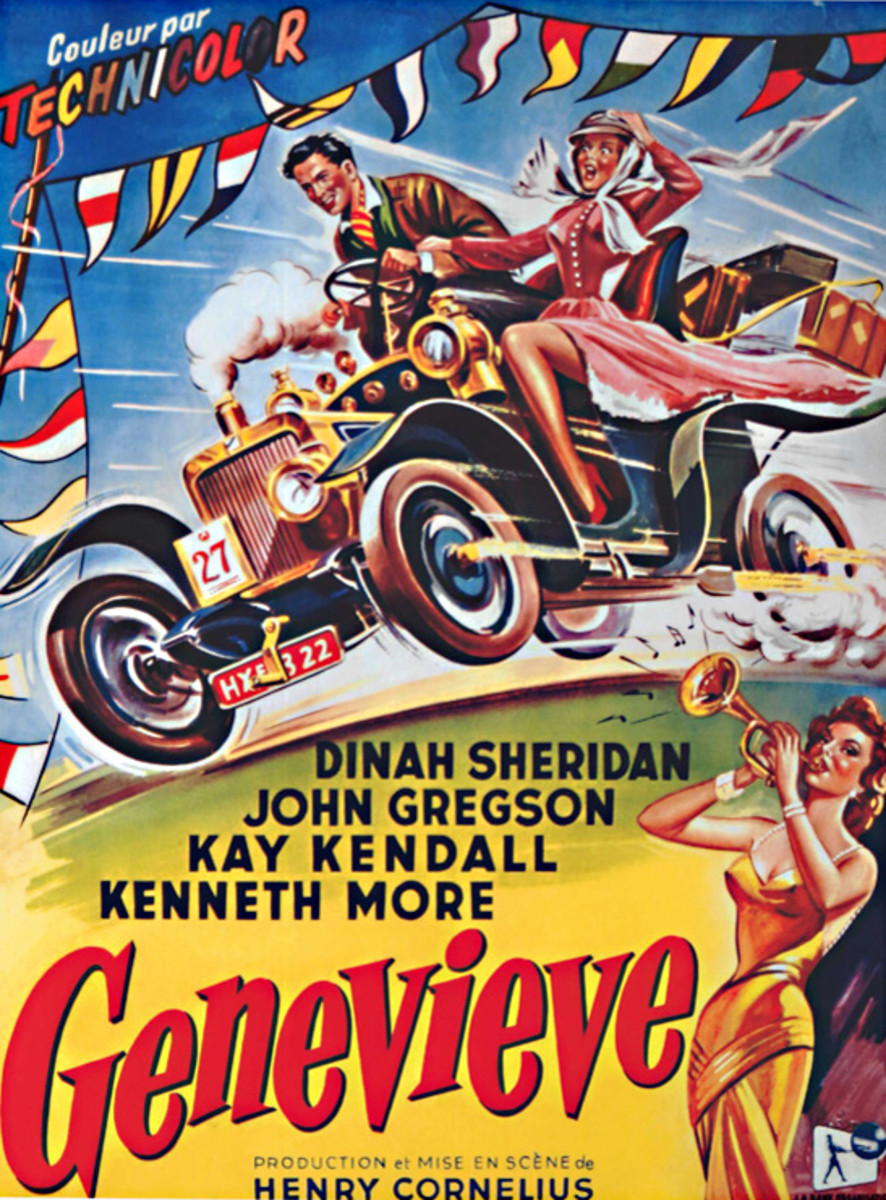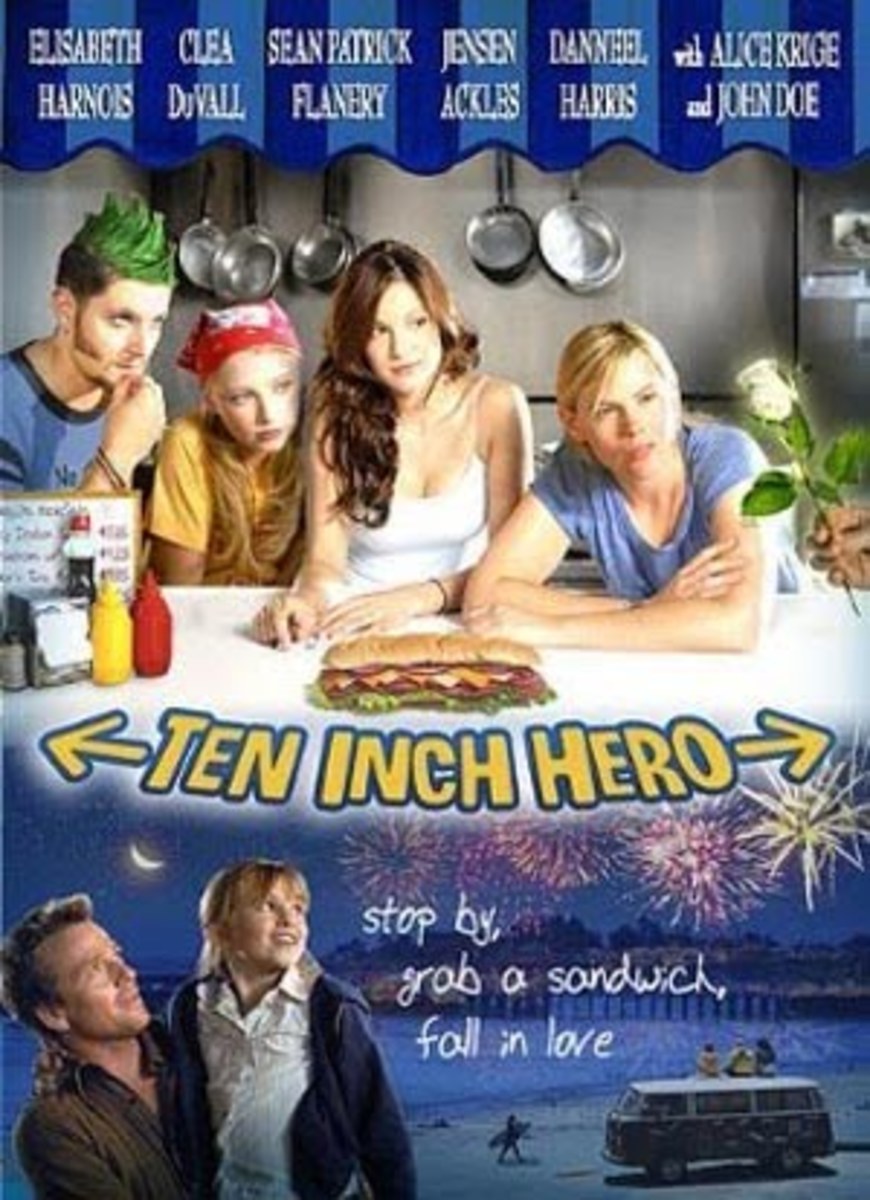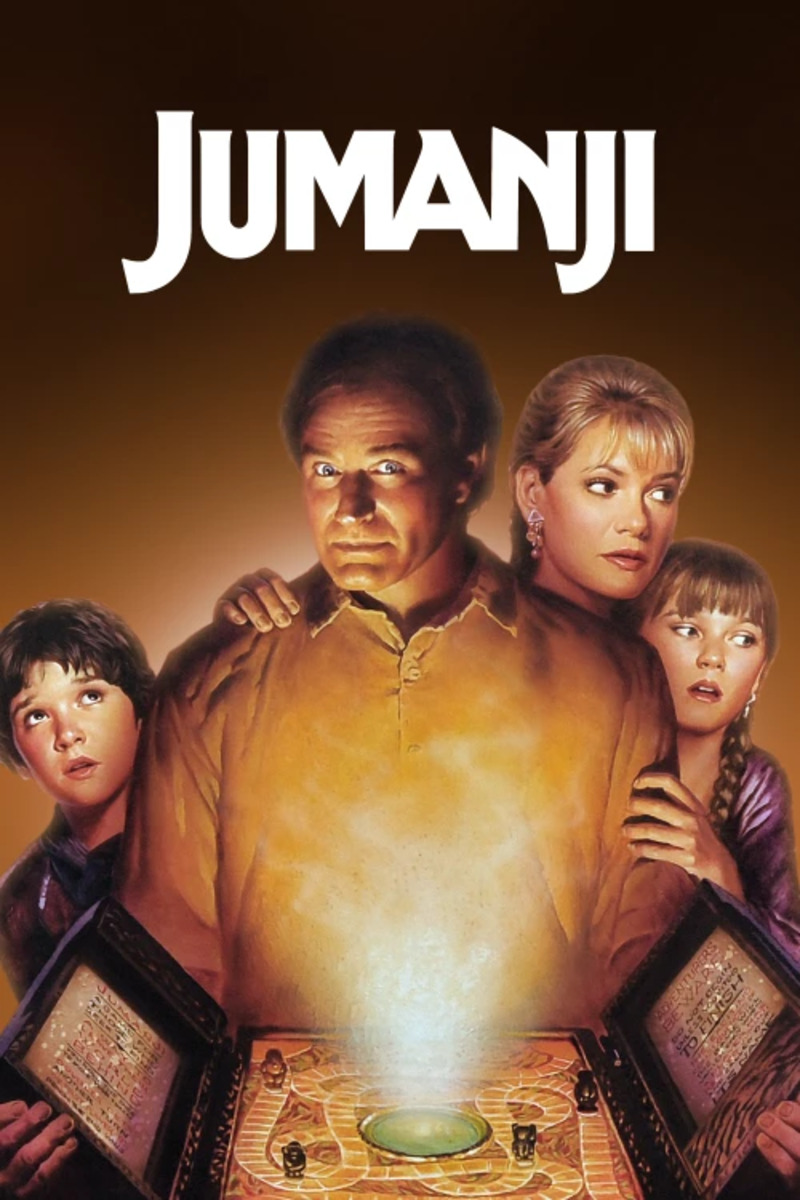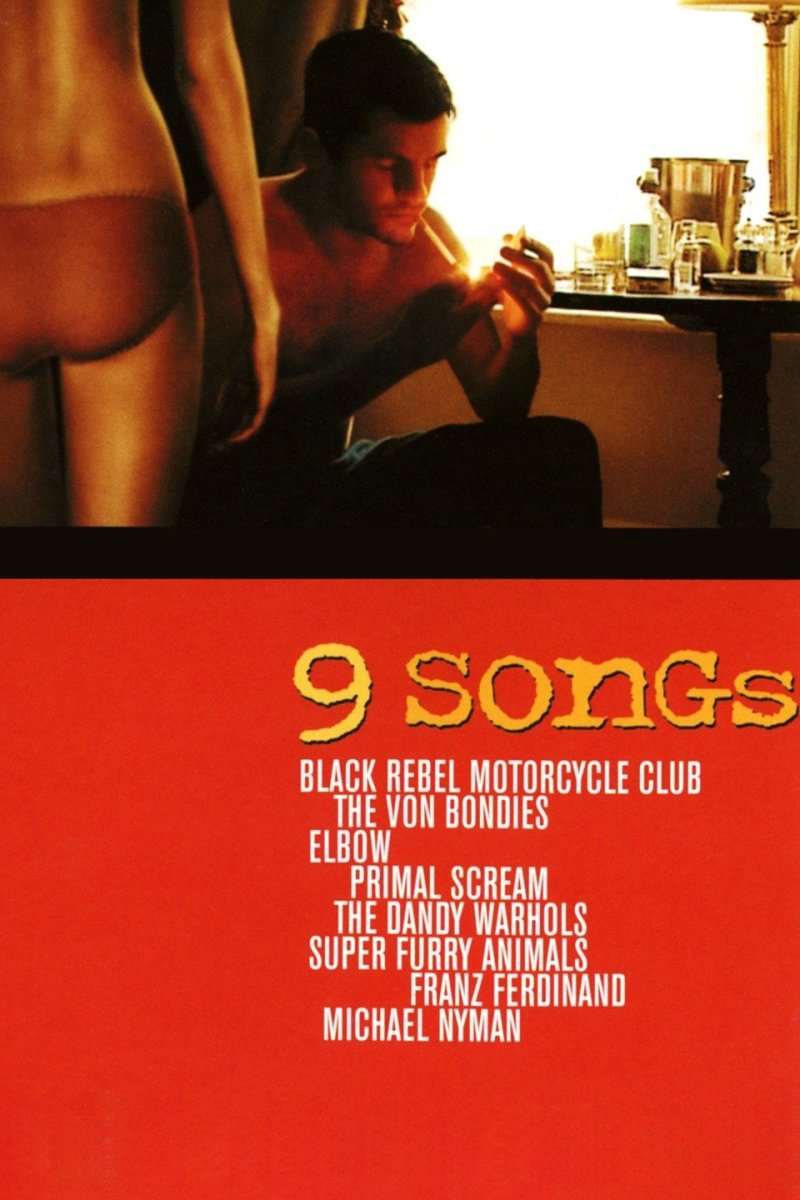Film Review: Pinocchio
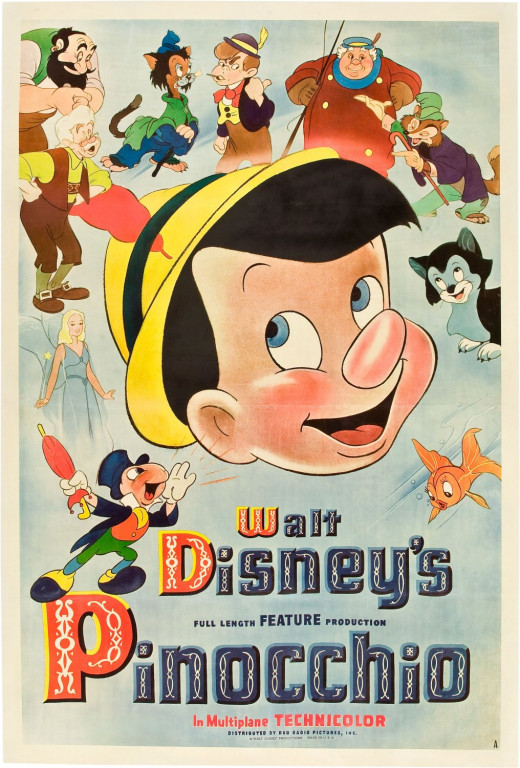
Background
In 1940, Walt Disney released Pinocchio, based on the 1883 novel The Adventures of Pinocchio by Carlo Collodi. Starring Cliff Edwards, Dicke Jones, Christian Rub, Mel Blanc, Walter Catlett, Charles Judels, Evelyn Venable and Frankie Darro, the film grossed $82.2 million at the box office.
Synopsis
When a woodworker named Geppetto creates a puppet, he names it Pinocchio and wishes on a star that it would become a real boy. Hearing his wish, the Blue Fairy brings the puppet to life and promises him that he will become a real boy if he can be honest, brave and unselfish.
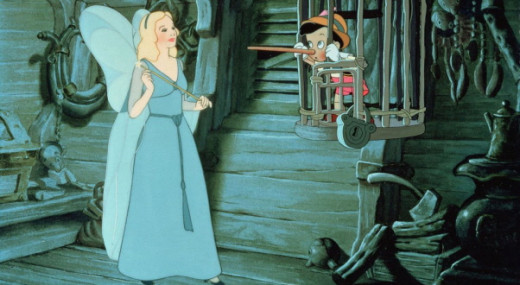
Review
A morality tale presenting the benefits of hard work and middle-class values, Pinocchio is a fascinating film in how the titular puppet’s journey is as it's full of temptations downfalls and redemption.Notably, Pinocchio is tempted to turn from the correct path twice from the same two people and both times, they lead to his downfall. The first time, he’s tempted with being and special attraction at the theater and the second, it’s the allure of fun and fast times. However, there are consequences to both times, either being locked in a cage, unable to go home for the night and eventually becoming firewood or being transformed into a donkey and made to work in salt mines or pull a carriage. This is where the demonstration of how hard work and middle-class values come into play. At the outset, Pinocchio wants a fast and easy way to make money without putting in the time and work and though he initially does make some, it enslaves him with the promise to throw him away once he no longer draws large crowds. The second time around, he wants to have all the fun without any consequences. Playing hard might be a great thing, but it doesn't negate the necessity of working hard. The lesson Pinocchio has to learn here is moderation and balance between the two.
Yet, every time Pinocchio is trapped in his downfalls, he always has a redemption and just as the ways he gets trapped are different, so are his means of redemption. The first time he falls, the fairy helps free him, with a free lesson on morality, and the second time, he sees what’s happening and flees. Interestingly enough, it speaks of how sometimes, a person can see what he’s turning into and turn around. Other times though, it becomes too late and the situation can only be changed through the help of others. The film does end on a high note with Pinocchio's transformation into a real boy, implying that it's his true redemption and he's learned his final lesson.
Pinocchio comes across several villains on his journeys and all of them have varying degress of dastardliness. The first he meets are Honest John and Gideon, who lure Pinocchio both times from his path. As a whole, these two arejust lesser villains looking for a reward. The greater ones come in the form of Stromboli and the Coachman. The former speaks to how sometimes a person won’t show his true character until they’ve sucked someone in. At first, Stromboli appears to be pleasant and funny, albeit short-tempered. On the other hand, his true colors are revealed after the show ends and he's out of the public eye. His true personality reveals that he's cruel and constantly angry.
As for the Coachman, he’s a bit different than the other villains. The three of them just want money and the only motive he has is implied to be some twisted enjoyment he takes from his efforts. The children he turns into donkeys and can’t talk anymore are sold to salt mines and circuses. The film never reveals what he does with those who can and it’s quite possible that it’s not something anybody should know. He never gets a comeuppance either. At the end of the film, he's remains at large. because none of the kids ever survive to tell the proper authorities. Still, there does exist the possibility that since Pinocchio survived, he will be able to inform somebody.
There is a compelling argument to consider the Coachman as the devil himself, seeing as he's quite the counterpart to the Blue Fairy. The former punishes kids for stupidity and misdeeds while the latter helps them learn and puts them on the path towards redemption.
the postings on this site are my own and don't necessarily represent WNI's positions, strategies or opinions.
Awards won
Academy Awards
- Best Music, Original Song (For the song "When You Wish Upon a Star")
- Best Music, Original Score
ASCAP Film and Television Music Awards
- Most Performed Feature Film Standards (For the song "When You Wish Upon a Star")
National Film Preservation Board
- National Film Registry
Online Film & Television Association
- OFTA Film Hall of Fame - Motion Picture
Nominated for
Hugo Awards
- Best Dramatic Presentation - Short Film

